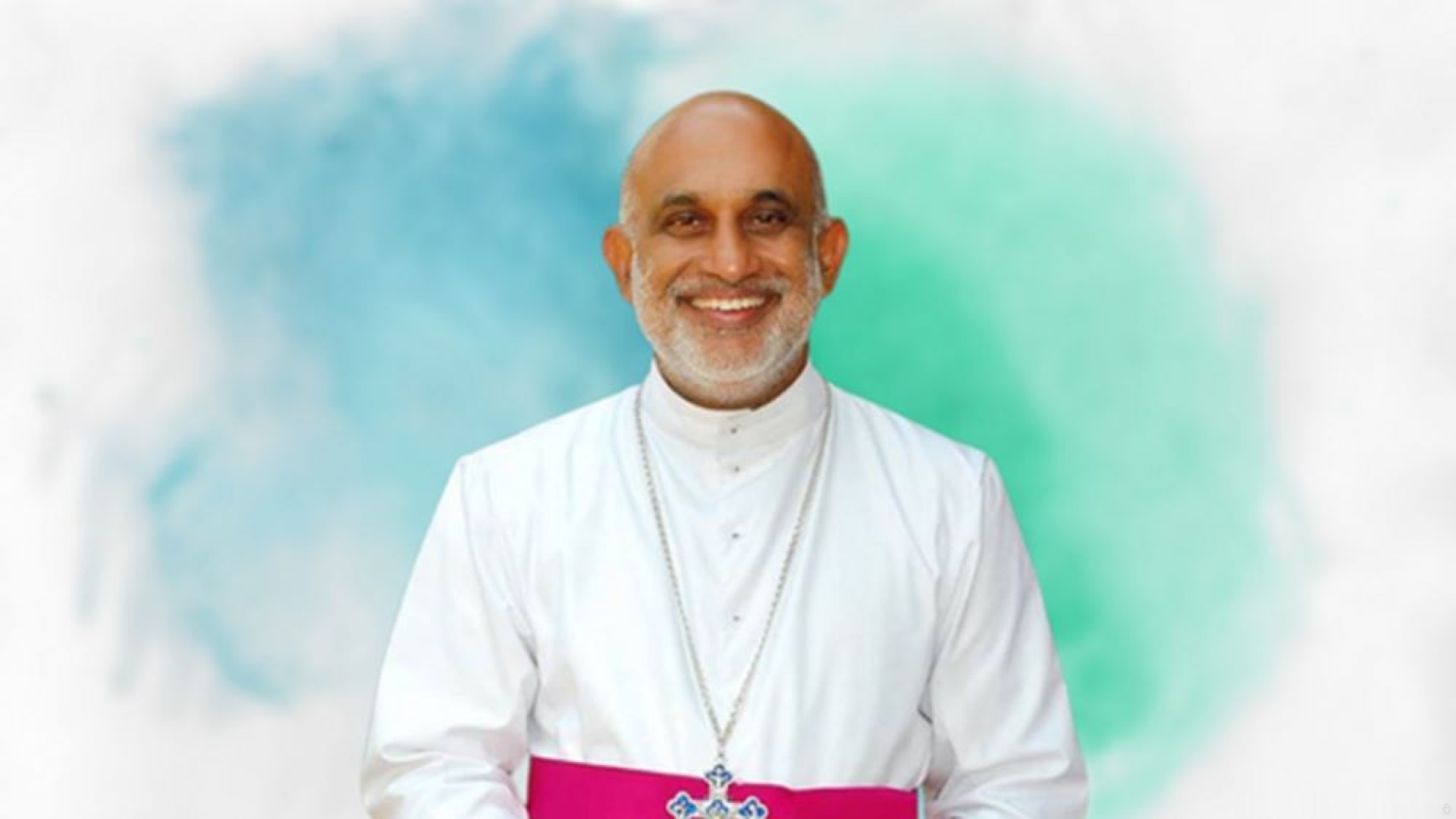India: Major Archbishop Thattil’s Impossible Mission

Major Archbishop Raphael Thattil
The helm of the Syro-Malabar Catholic Church is not easy to control: the new major archbishop, elected and confirmed by the Holy See on January 9, 2024, is the head of a church which has approximately four million members in India and around the world.
Major Archbishop Raphael Thattil has been entrusted with the mission – impossible, in the eyes of some – of avoiding a schism within the Syro-Malabar Church and making the liturgical reform led by the Vatican accepted. It is a reform which is a bit contrary to what the Latin Catholic world has experienced with the promulgation of the new Mass.
Indeed, among the Syro-Malabars, two currents were born in the first half of the 20th century opposing those who wanted a restoration of the rite according to the Syro-Eastern tradition and those who called for Indian inculturation in order to get closer to the purported liturgical origins of a Church founded by the Apostle St. Thomas.
It is in the name of this liturgical archaism that the celebration of Mass facing the people appeared, leading to a chaos undermining the unity of the local Church. To remedy this, the synod of the Syro-Malabar Church – its executive body – supported by the Holy See, prepared a liturgical reform where the Syro-Eastern tradition would be reestablished beginning with the offertory, while the first part of the Mass – the readings in particular – would be celebrated in the vernacular and facing the people.
But the reform, which in itself marks a return to liturgical tradition, has been rejected by a majority of priests from the main Syro-Malabar diocese, that of Ernakulam-Angamaly, in the Indian state of Kerala.
After his election, the new major archbishop skillfully played the conciliation card, as opposed to with the much more contrasting attitude of his predecessors: Archbishop Thattil recalled during one of his first interventions that Catholics who refused the reform were “sheep lacking direction who would benefit from his pastoral care.”
But on January 13, the major archbishop signed, together with the other members of the synod, an appeal to the resisting priests, urging them to adopt the liturgical reform expressly desired by the Roman Pontiff. It is an appeal which was to be read in the 328 churches of the diocese of Ernakulam-Angalamy, but was relayed in only ten of the churches.
This episode was followed by another controversy: opponents of the reform have in fact posted online the video of a conference given by the archbishop in 2022, when he was bishop of Shamshabad, in the state of Telangana. The prelate developed the idea according to which Syro-Malabar Catholics must defend their identity at all costs and not join the Latin Rite.
The conference created, as one might expect, a certain stir among Latin Catholics who believe that Thattil has denigrated the contribution of missionaries, particularly the Portuguese, to the growth of Christianity in the land of the maharajas. It has gotten to the point that the Syro-Malabar Church’s communications group had to engage in some serious dipolomacy to justify the major archbishop's remarks, which were made in a particular context.
This awkwardness is all the more unwelcome given that the prelate at the head of the Syro-Malabar Church also exercises jurisdiction over the Syro-Malabar faithful of the diaspora present in the United States, Canada, Great Britain, Australia, and in New Zealand, and who, for lack of suitable priests, attend Latin Rite Masses on Sundays.
(Sources : Mathrubhumi/The Pillar – FSSPX.Actualités)
Illustration : Ucanews





